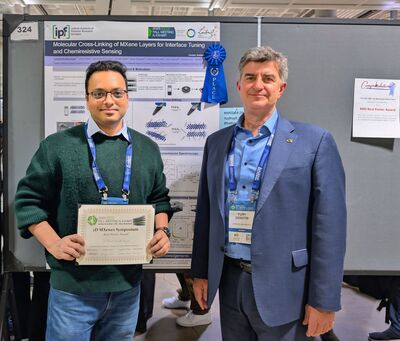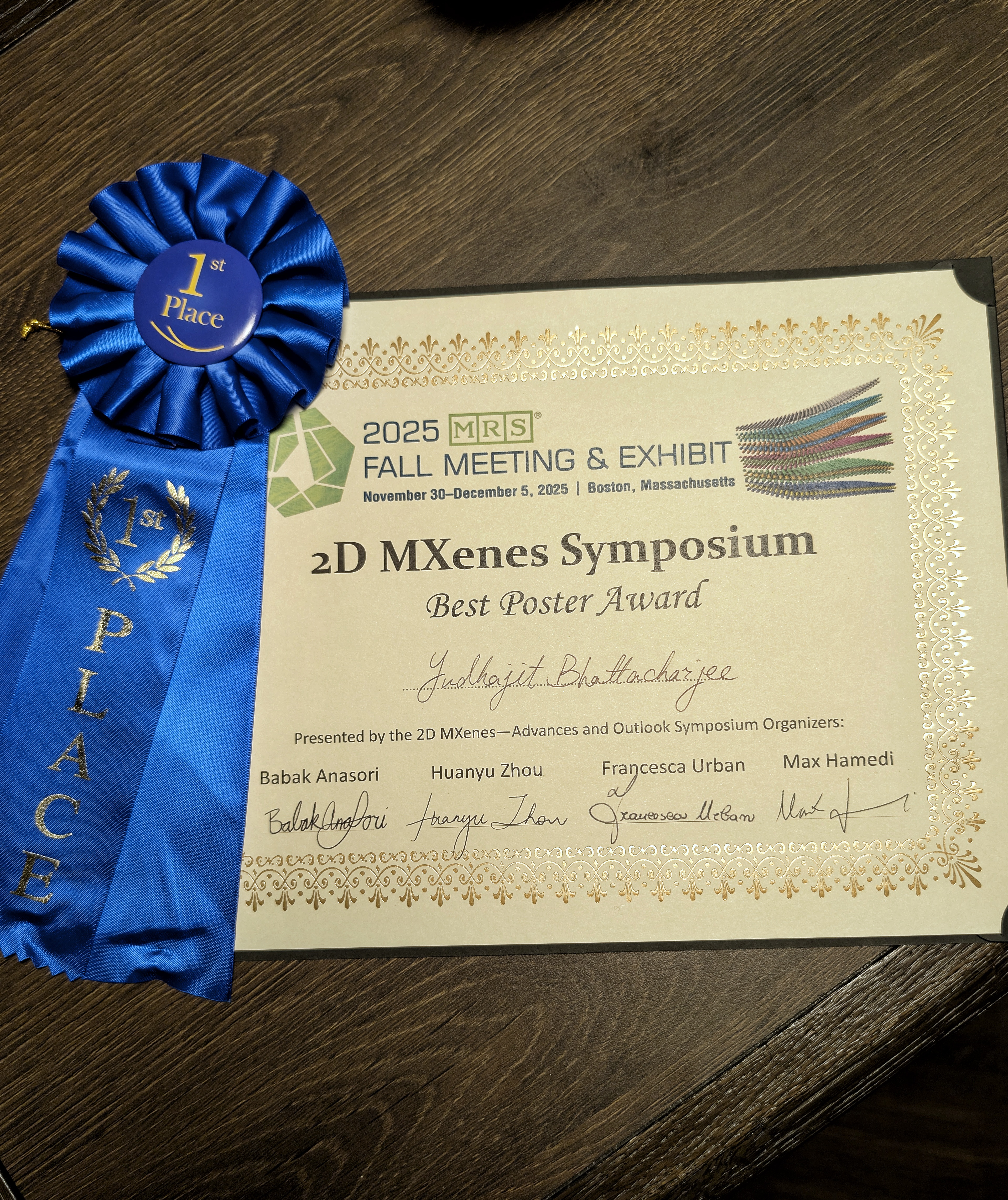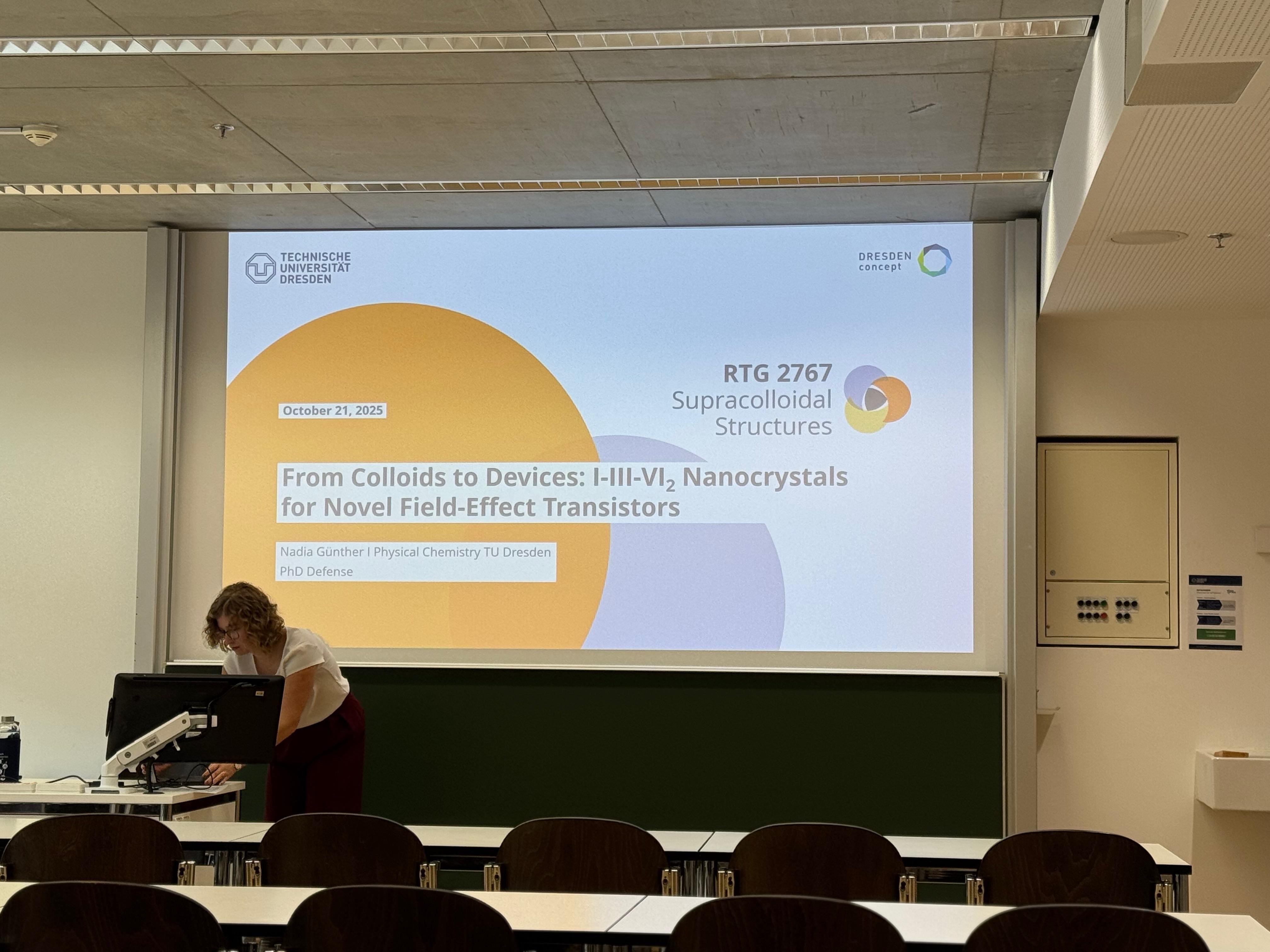On-Site Review for the Renewal of RTG2767 Completed Smoothly
Published on in RTG 2767 NEWS
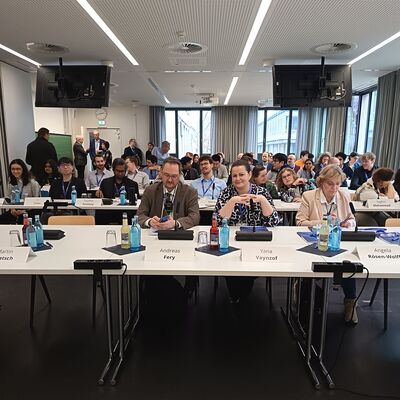
Read more … On-Site Review for the Renewal of RTG2767 Completed Smoothly
WISSENSCHAFTLICHES KOLLOQUIUM: Short Stories from the World of Optical Materials: Hot-Electron Generation in Nanocrystals, Chiral Photochemistry and More
Published on in RTG 2767 NEWS
Congratulations!! Nadia Günther defended PhD thesis with great brilliance
Published on in RTG 2767 NEWS
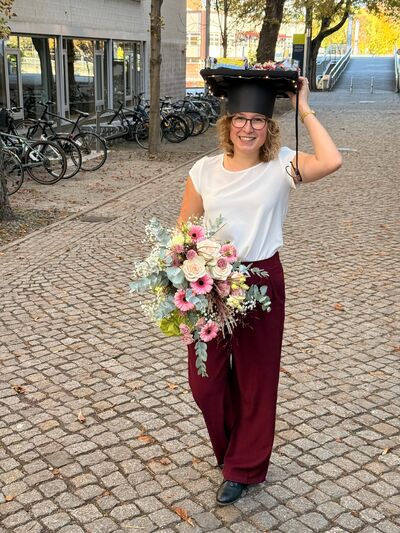
Dr. Christian Roßner Defended Habilitation on Polymer-Grafted Gold Colloids and Supracolloids
Published on in RTG 2767 NEWS
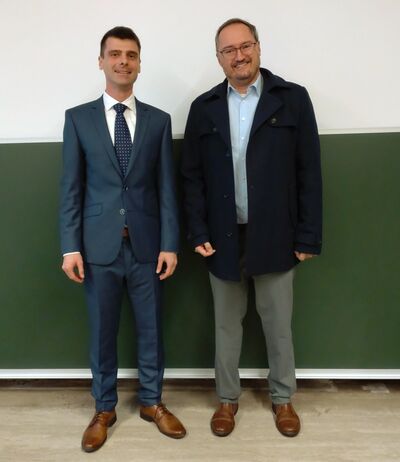
Ink-processable stable dispersions and tunable hybrid materials from Ti3C2Tx MXenes: How MXenes can benefit from concepts familiar to colloidal chemists
Published on in RTG 2767 NEWS
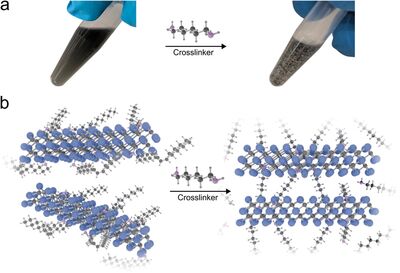
Borja Rodriguez Barea wins cfaed Scientific Image Competition 2025!
Published on in RTG 2767 NEWS
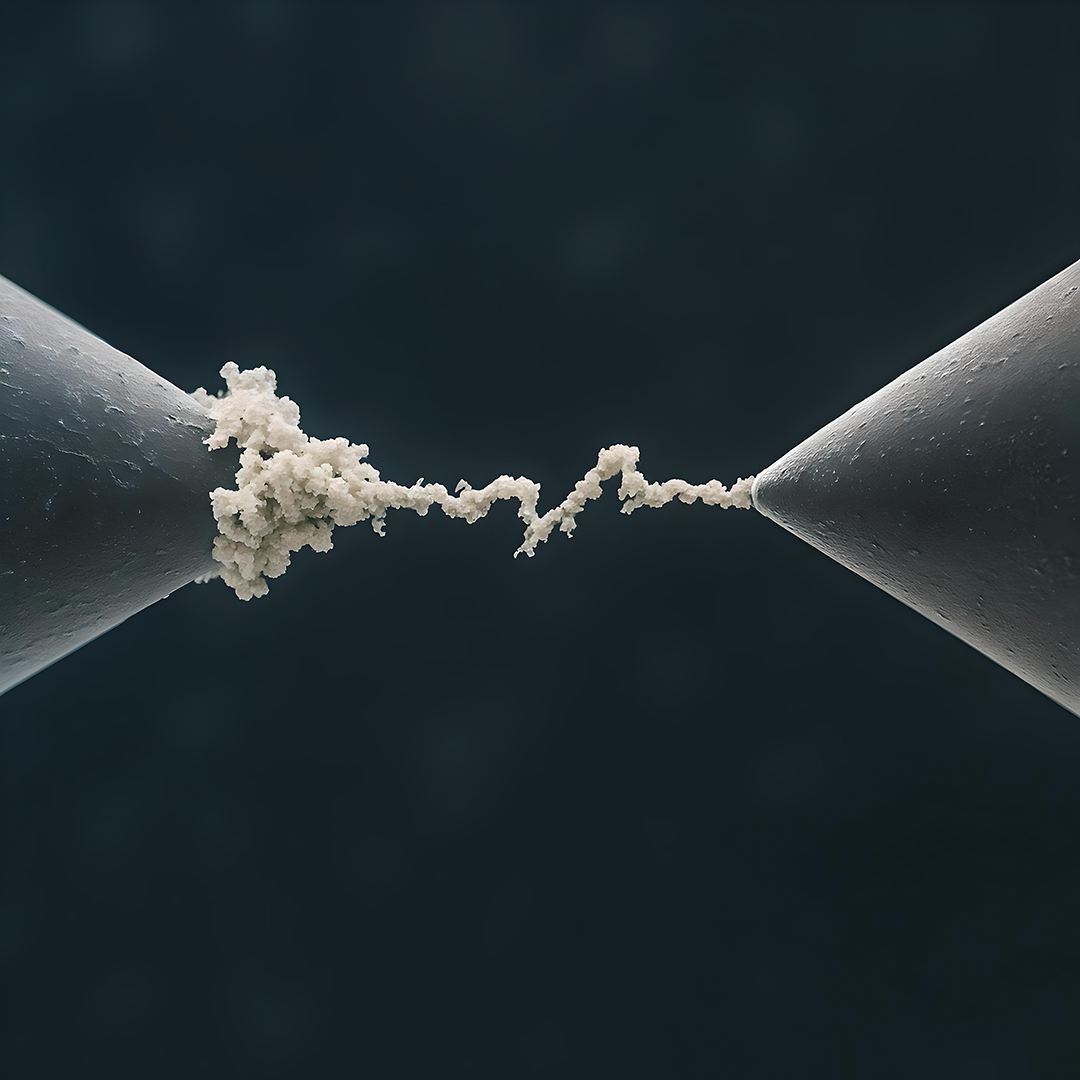
Publication in Nature Nanotechnology: The Rising Danger of AI-generated Images in Nanomaterials Science and what we can do about it
Published on in RTG 2767 NEWS
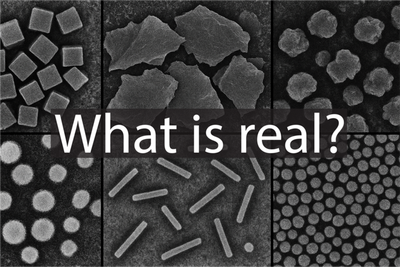
Laboratory accidents, favorite elements, and hazardous chemicals - PhD Nadia Günther contributes to TU Dresden video!
Published on in RTG 2767 NEWS
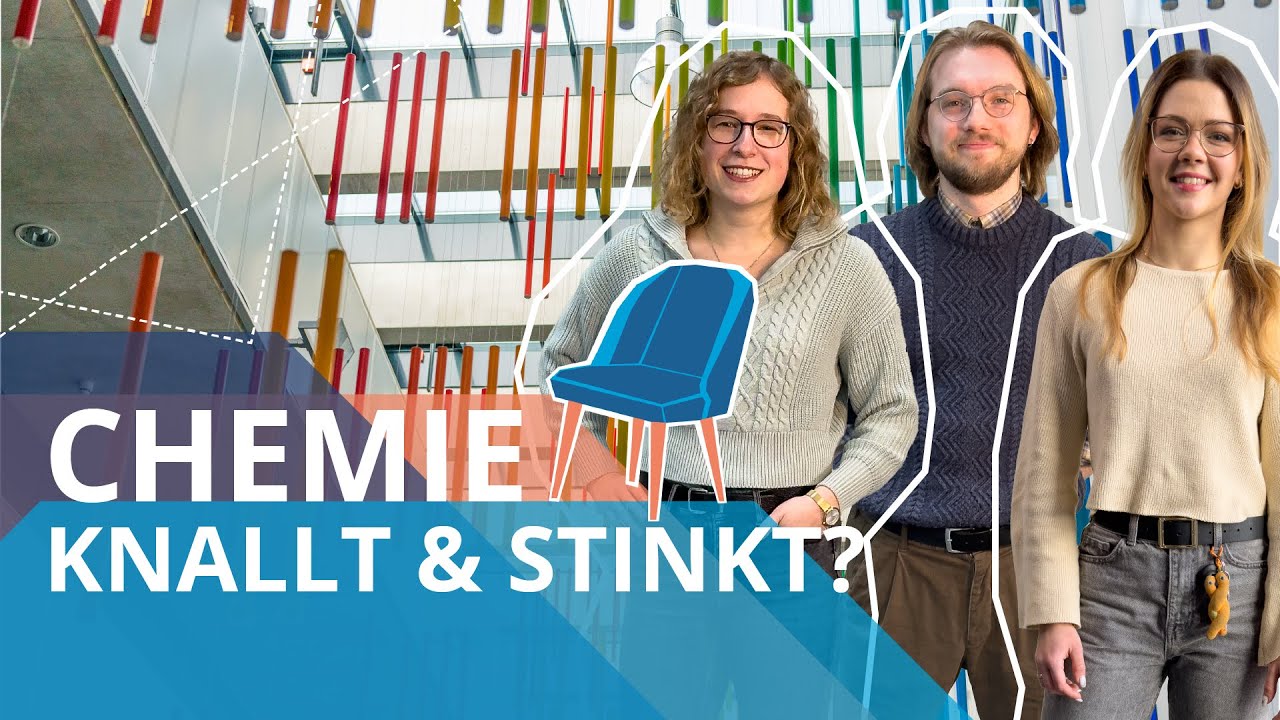
Introducing Prof. Caroline Murawski: "Organic Semiconductors for a Brighter Future of Brain Research"
Published on in RTG 2767 NEWS
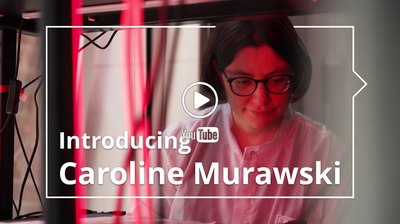
Page 1 of 4





